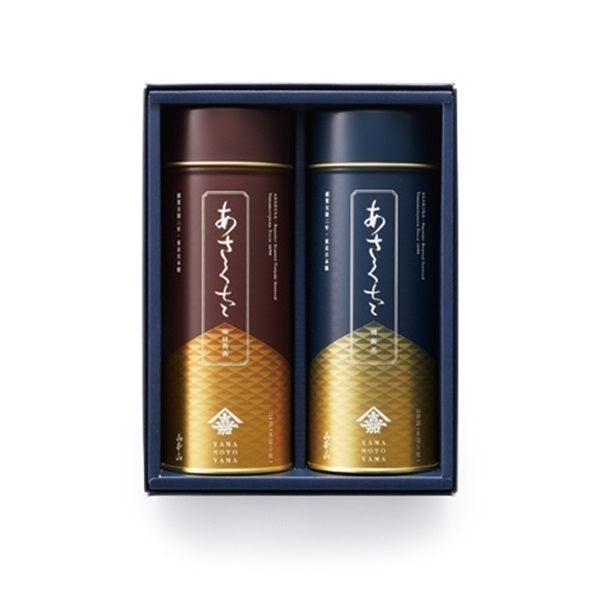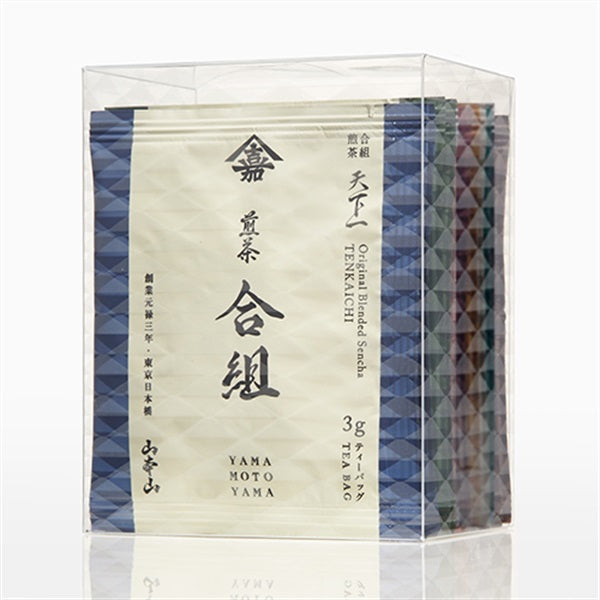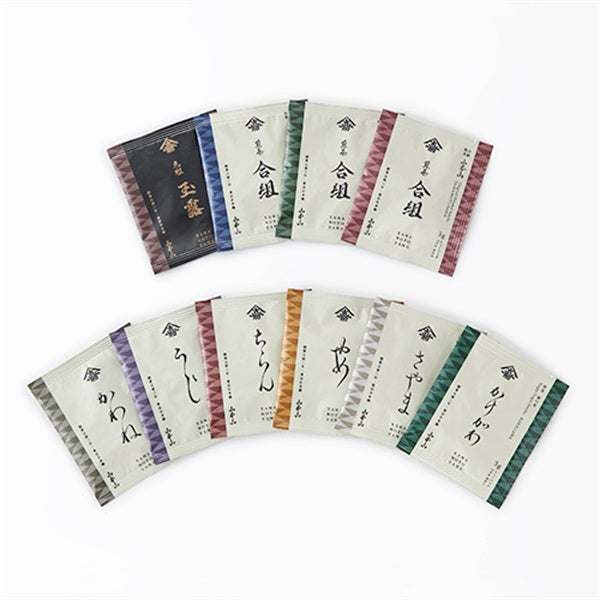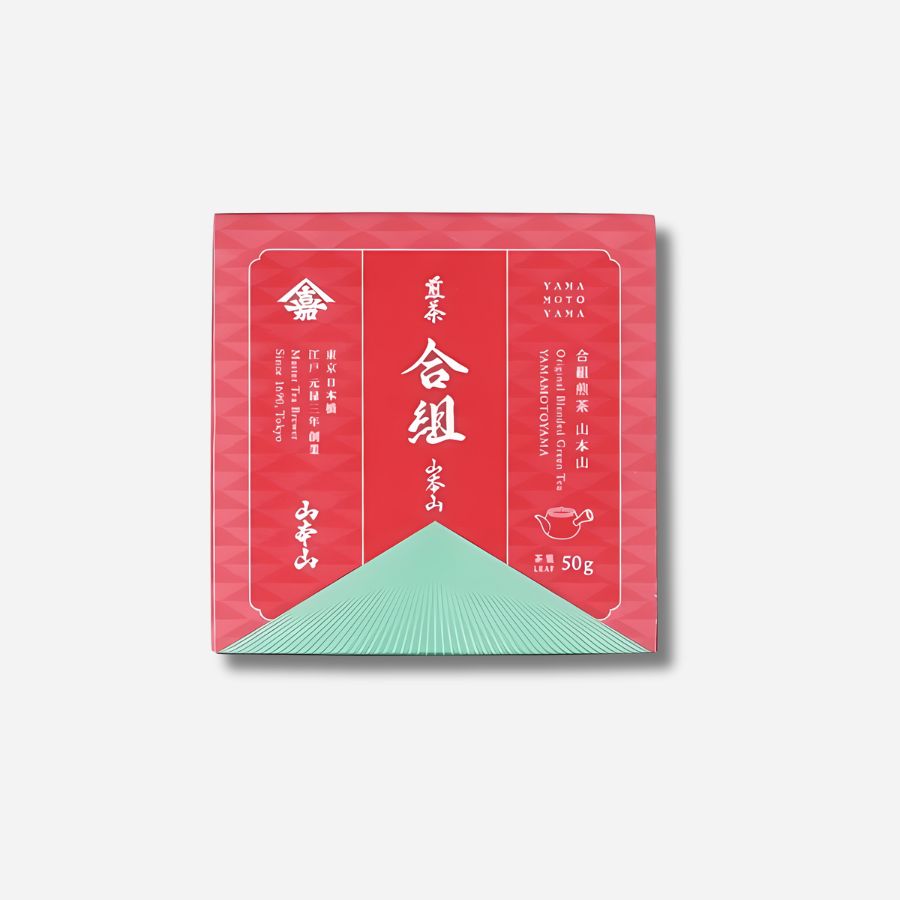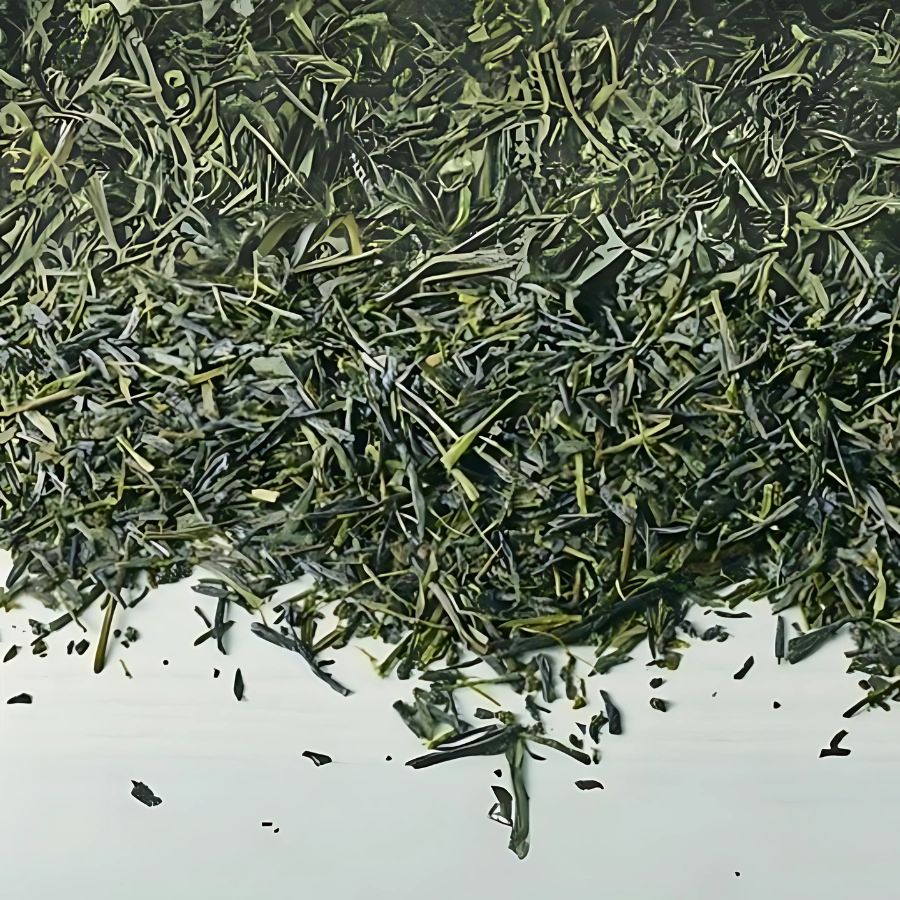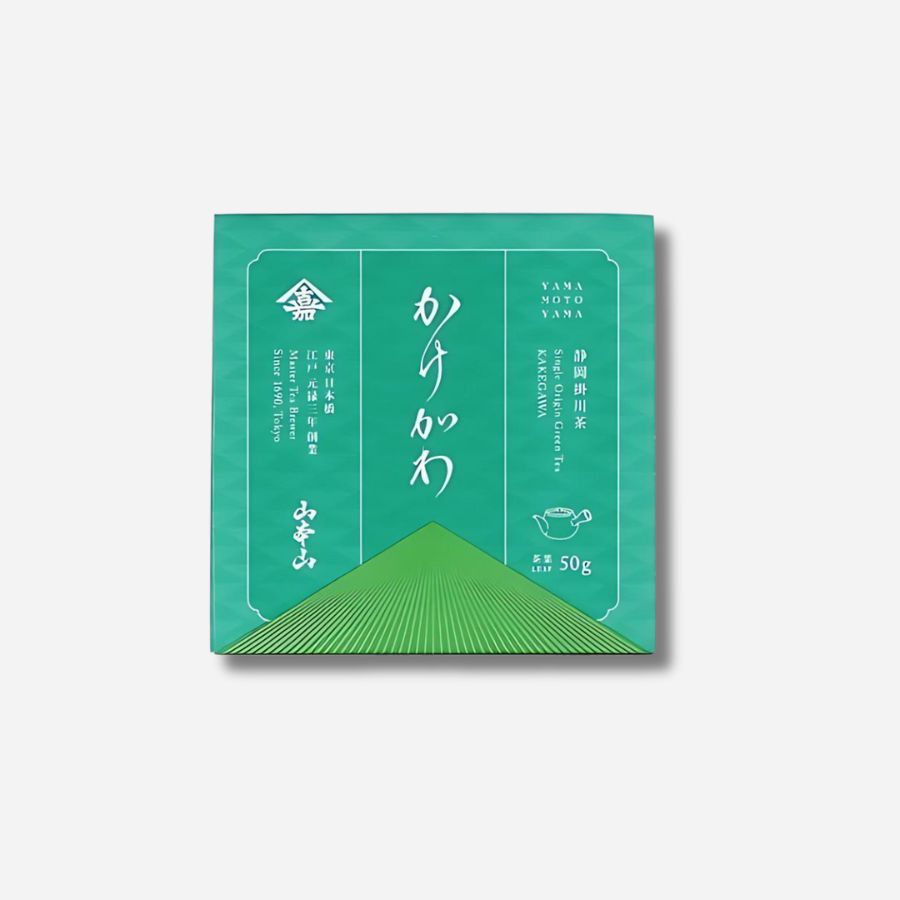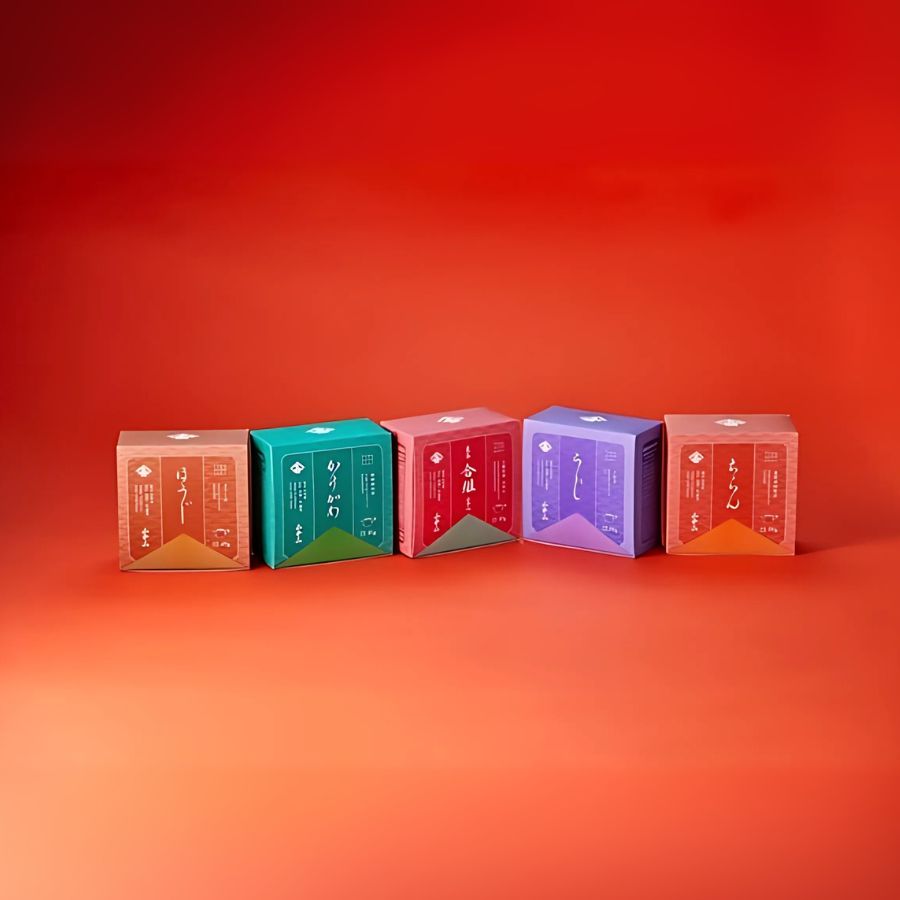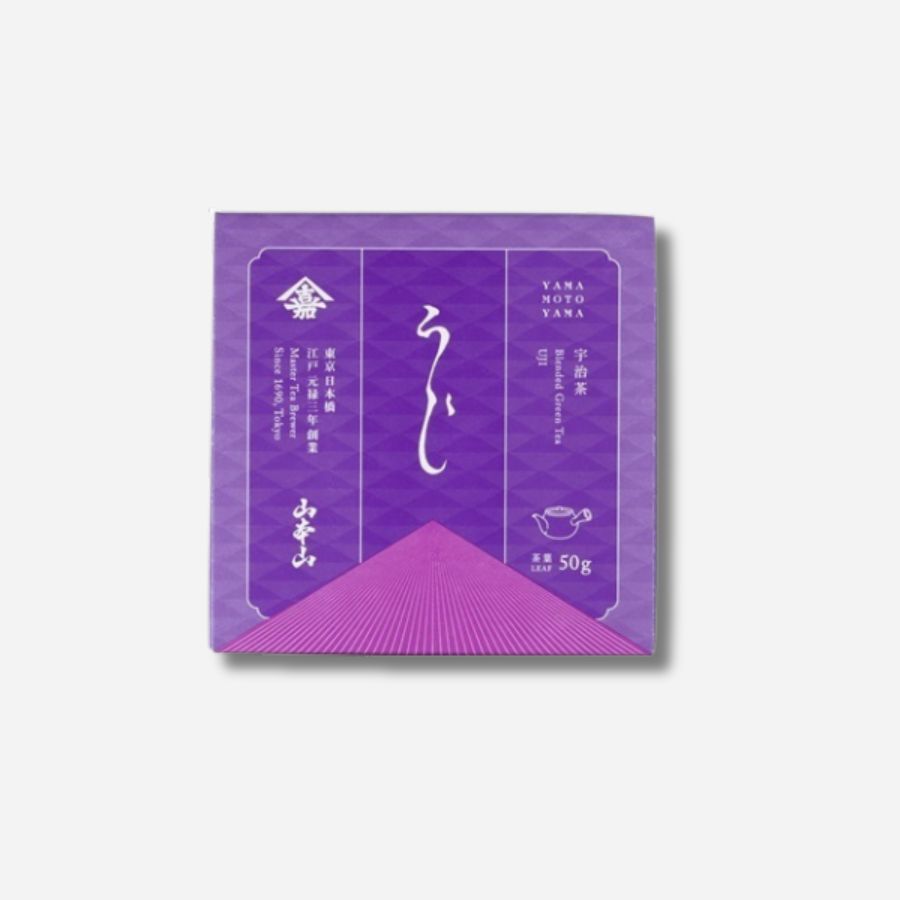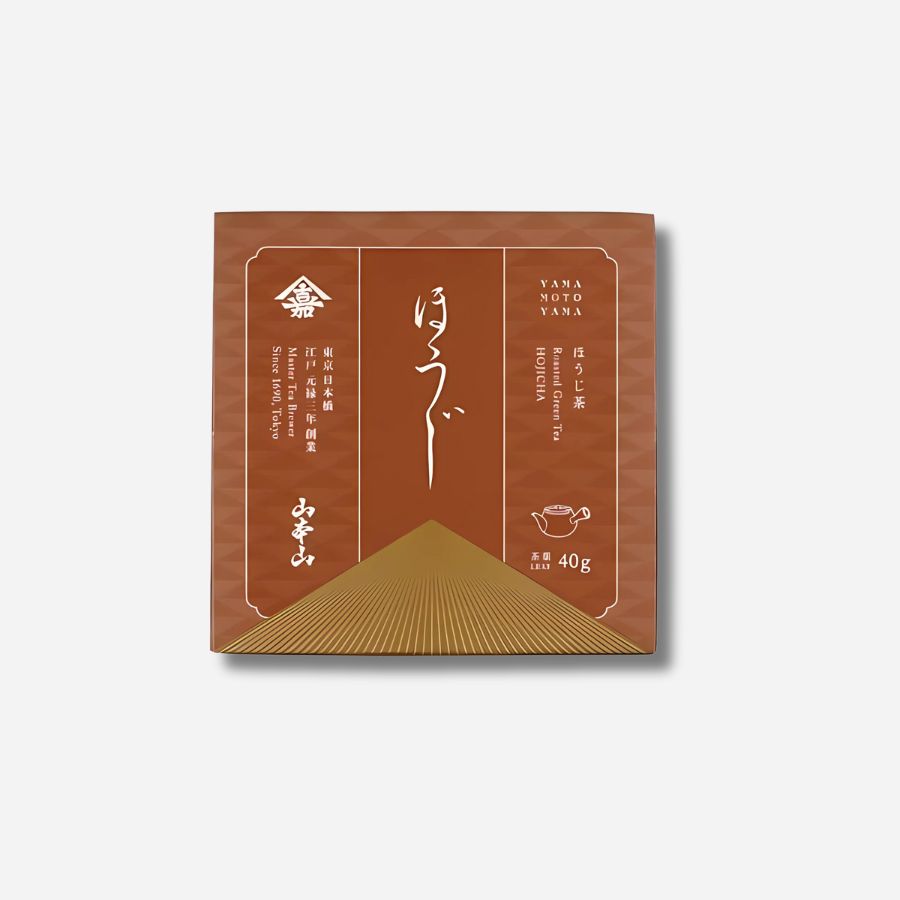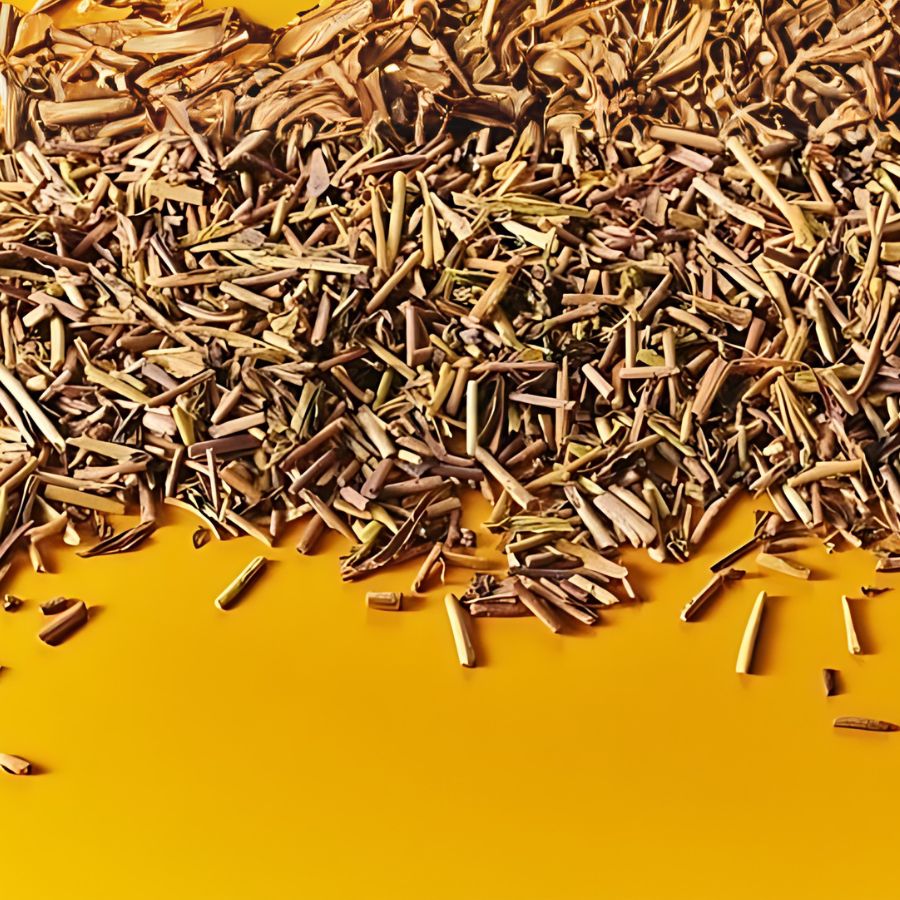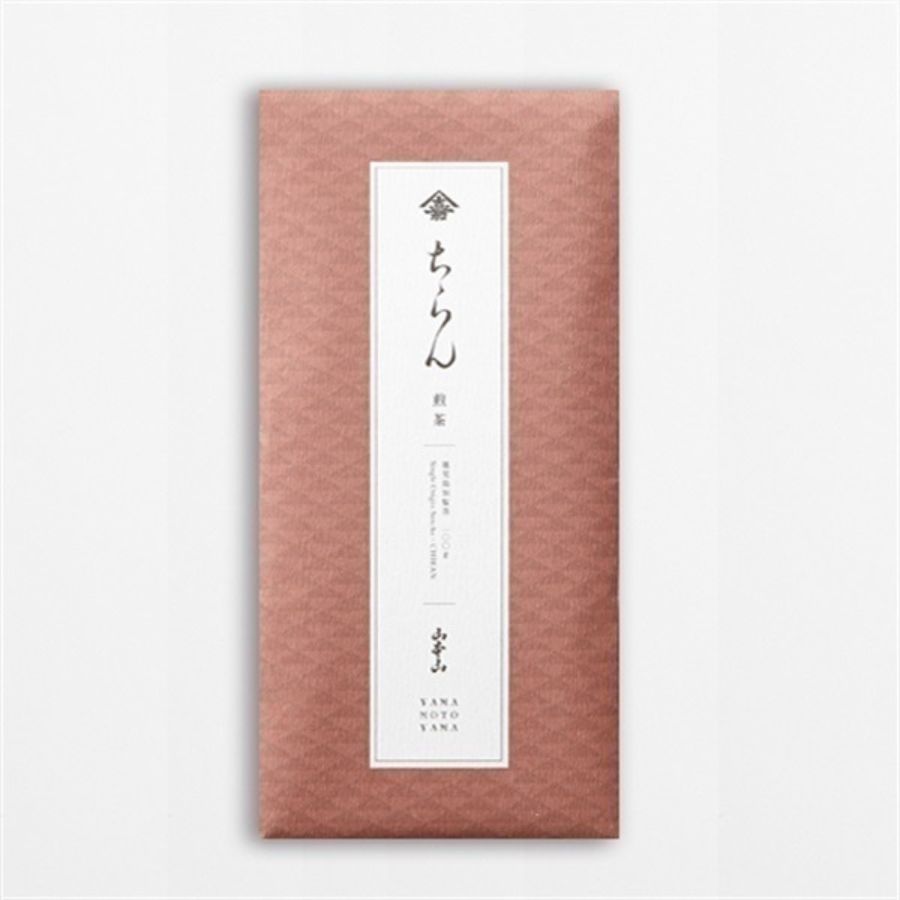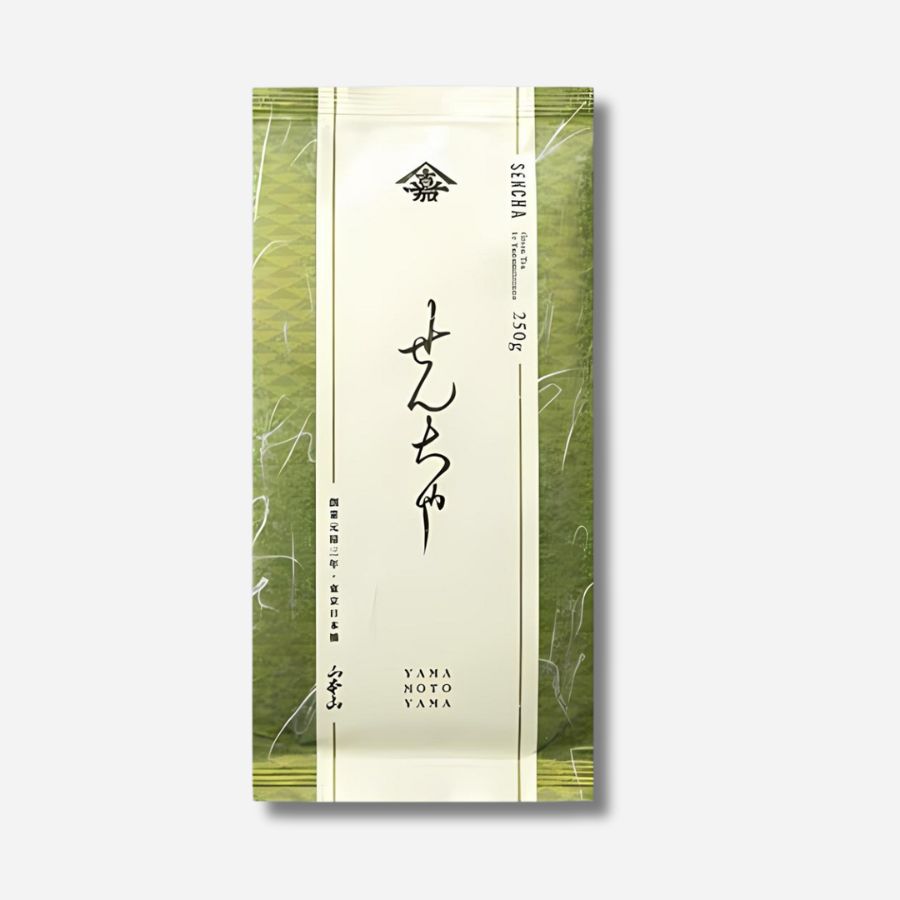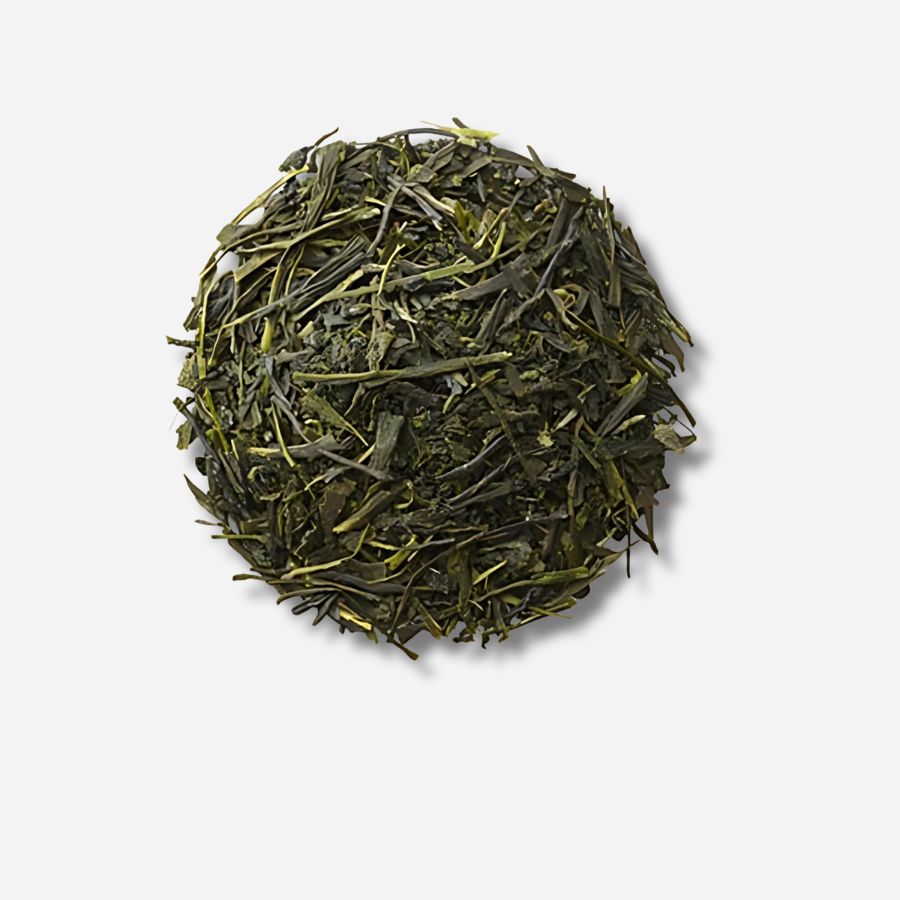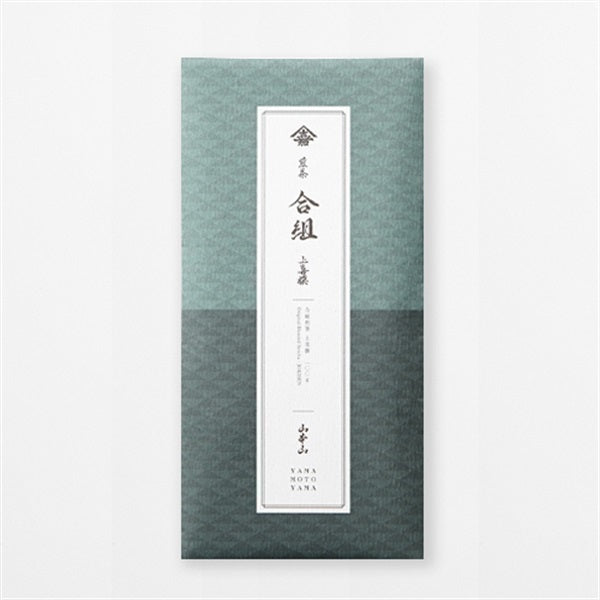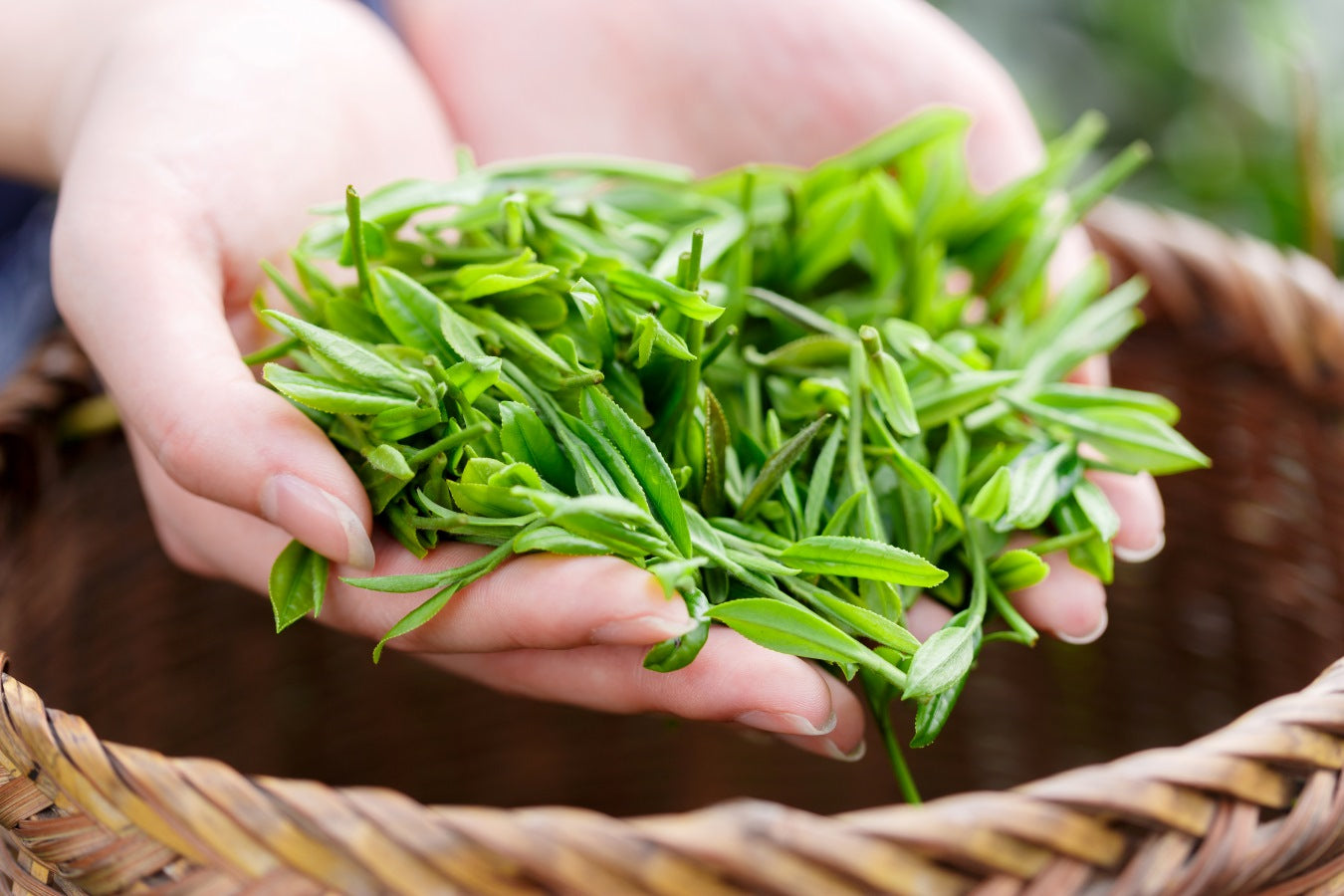
Which country loves tea the most in the world? Here are some surprising rankings
Introduction
Tea is a drink enjoyed around the world due to its rich history, rich culture, and wide variety of varieties.
Did you know that the teas we drink on a daily basis, such as green tea, black tea, and oolong tea, are actually enjoyed in various forms all over the world?

Tea production and consumption
As of 2019, world tea production reached approximately 6.15 million tons, most of which is grown in Asia.
China in particular leads the world in terms of tea cultivation area and production volume, and can be said to be the center of global tea production.
Internationally, "tea" often refers to black tea, but in China, green tea is the most widely produced, and the country also produces a variety of other teas, including oolong tea and black tea.

The global tea market was previously dominated by black tea, but in recent years, the landscape has been changing as the health benefits of green tea have gained attention.
Green tea producing countries are diversifying, with green tea production beginning in countries such as India and Kenya, which have traditionally been major black tea producers.
The expansion of this global green tea market is expected to accelerate even further in the future, and future trends will be closely watched.

Which country drinks the most tea in the world?
So, which country drinks the most tea, including green tea, black tea, and oolong tea?
The country that consumes the most tea in the world is China.
The reason is that tea culture has deep roots throughout history and has become an essential drink in people's lives.
A wide variety of teas are consumed on a daily basis, including green tea, oolong tea, and pu-erh tea.
Meanwhile, the UK, known for its love of black tea, came in 7th and Japan came in 8th. China, India, Turkey, Pakistan and the US topped the tea consumption rankings.

However, when looking at per capita consumption, it is interesting to note that Middle Eastern and North African countries such as Turkey, Libya and Morocco rank highly.
In these regions, the habit of drinking tea on a daily basis is deeply rooted, and religious backgrounds are also thought to be a factor.
In particular, since alcohol consumption is restricted in Islam, tea has become deeply ingrained as an important drink in people's lives.

Tea consumption in Japan
Japan ranks third in the world in green tea production, but in per capita consumption it ranks only 23rd, which is not necessarily a high ranking.
Although drinking green tea is a common habit in Japan, it appears that people do not drink it as frequently as people in other countries.
Meanwhile, global tea trade is thriving, with major tea producing countries such as Kenya and China exporting tea to major consuming nations such as Russia and the United States.

Finally
As you can see, tea is loved by people all over the world, and its production and consumption vary widely depending on the country and culture.
In particular, growing interest in the health benefits of tea is expected to encourage further development of the global tea market.

